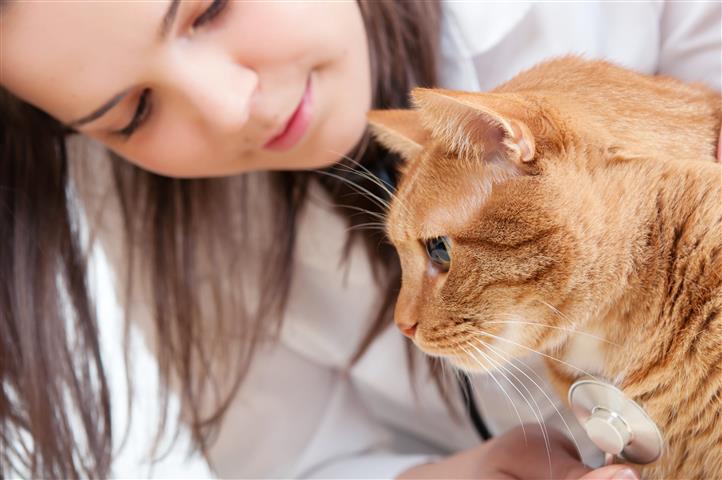Cat Care – Abscesses
 March 14, 2018
March 14, 2018
As the distant yowls of catfights echo across Australia, it’s time to discuss the infamous cat abscess and how you can help prevent problems with your friendly feline.
Most cats at some point in their lives will suffer from an abscess, particularly if your cat is allowed to roam outdoors. These are normally caused by the bites of other neighbourhood cats during altercations over territory.
A cat bite contains thousands of bacteria that when entering the skin can lead to a localised infection or abscess. The skin and hair around this bite can also become trapped under the skin. All of this combined can leave your cat with a pretty nasty looking puss filled bump.
Symptoms
- Swelling on the body
- Puncture wounds (however these might not be easy to spot)
- Large round swelling on the face or body
- Smelly discharge
- Lethargy
- Fever
- Pain
- Open sore
- Matted fur
- Reluctance to eat
It’s best to head off to your local vet for treatment if you suspect your cat is suffering from an abscess, particularly if the discharge is rather smelly or your cat seems unwell.
Cat bites can lead to blood poisoning, so your cat will be given antibiotic treatment to ensure they are able to fight off the infection quickly. Pus may also need drained from the area to aid with healing.
Cat bites and fights can also lead to disease, so ensuring your outdoor cat is up-to-date with all of the correct vaccinations is important in preventing future problems.
If your cat is a prolific fighter consider keeping them inside at night or build a specially designed cat run to give them the best of both worlds.
Cleaning Wounds
If you discover your cat has been in a fight and the wound is not serious or causing your cat problems, cleaning the area is important. However, stay away from human-grade products like iodine and stick with salt water.
If in doubt seek veterinary treatment quickly, particularly if your cat is showing signs of sickness or pain. Early treatment is important in preventing other complications that cat bites can cause.
Expert Tips with Dr Kim Kendal from the Chatswood Cat Palace
“Eighty percent of cat bites become infected that can lead to blood poisoning, so if you are not near a vet or are an owner who has a cat that is regularly in fights…if you can locate the bite you have to pull the scab off as the other cat’s bite pushes the hair under the skin and that’s where you get the abscess from. So, if you can pull that scab off and release that hair you are much less likely to get an abscess.
“Don’t clean it with anything else accept salt water. DO NOT put iodine or any other product on it. Salt water and if the cats tongue can get there are the best cleaning aids.”
